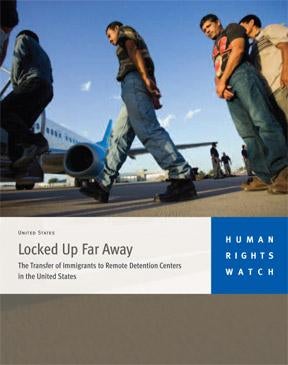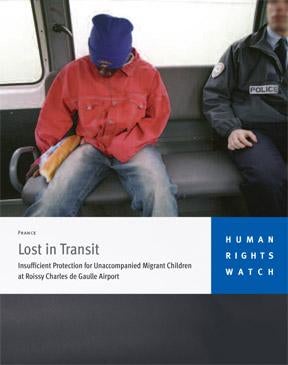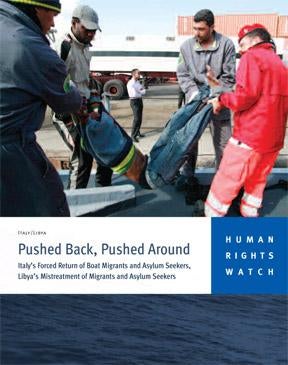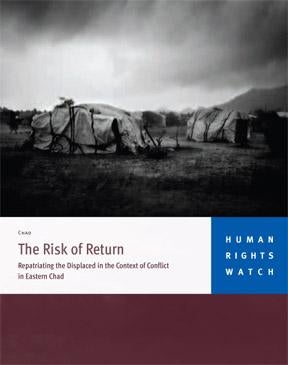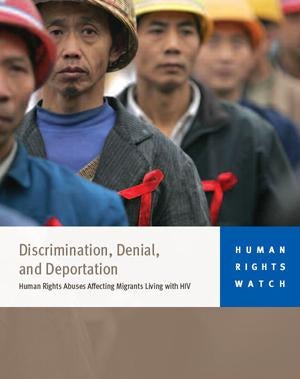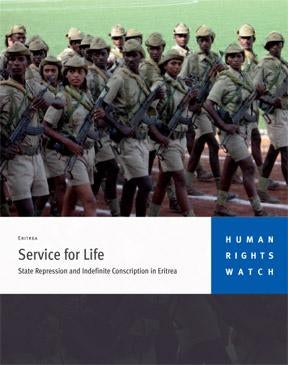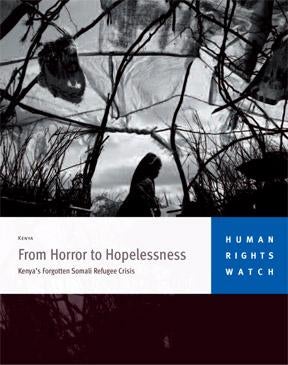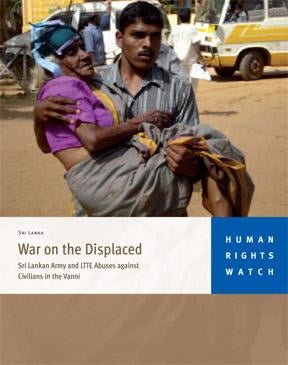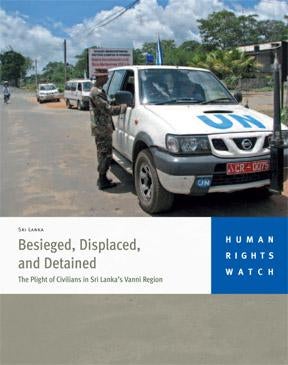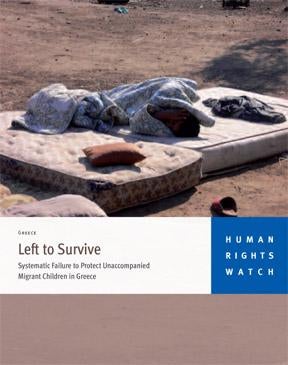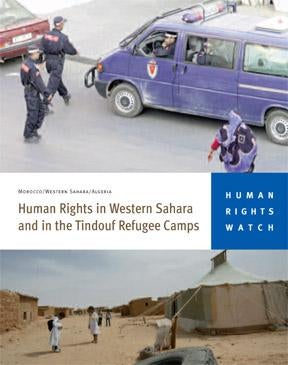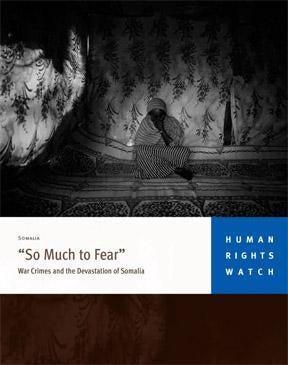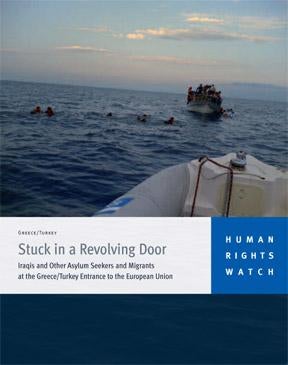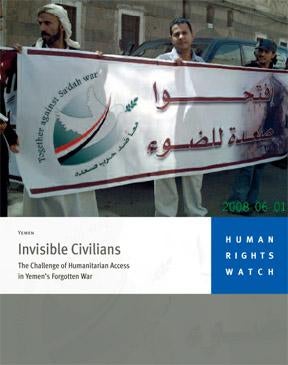“I Can’t Go Home, Stay Here, or Leave”
Pushbacks and Pullbacks of Syrian Refugees from Cyprus and Lebanon
The 90-page report, “‘I Can’t Go Home, Stay Here, or Leave’: Pushbacks and Pullbacks of Syrian Refugees from Cyprus and Lebanon,” documents why Syrian refugees in Lebanon are desperate to leave and try to reach Europe; and how the Lebanese army has intercepted, pulled them back, and summarily expelled them to Syria. In tandem, the Cypriot Coast Guard and other Cypriot security forces have sent Syrians whose boats reached Cyprus back to Lebanon, without regard to their refugee status or risk of being expelled to Syria. Many of those sent back to Lebanon by Cyprus were immediately expelled to Syria by the Lebanese army.


